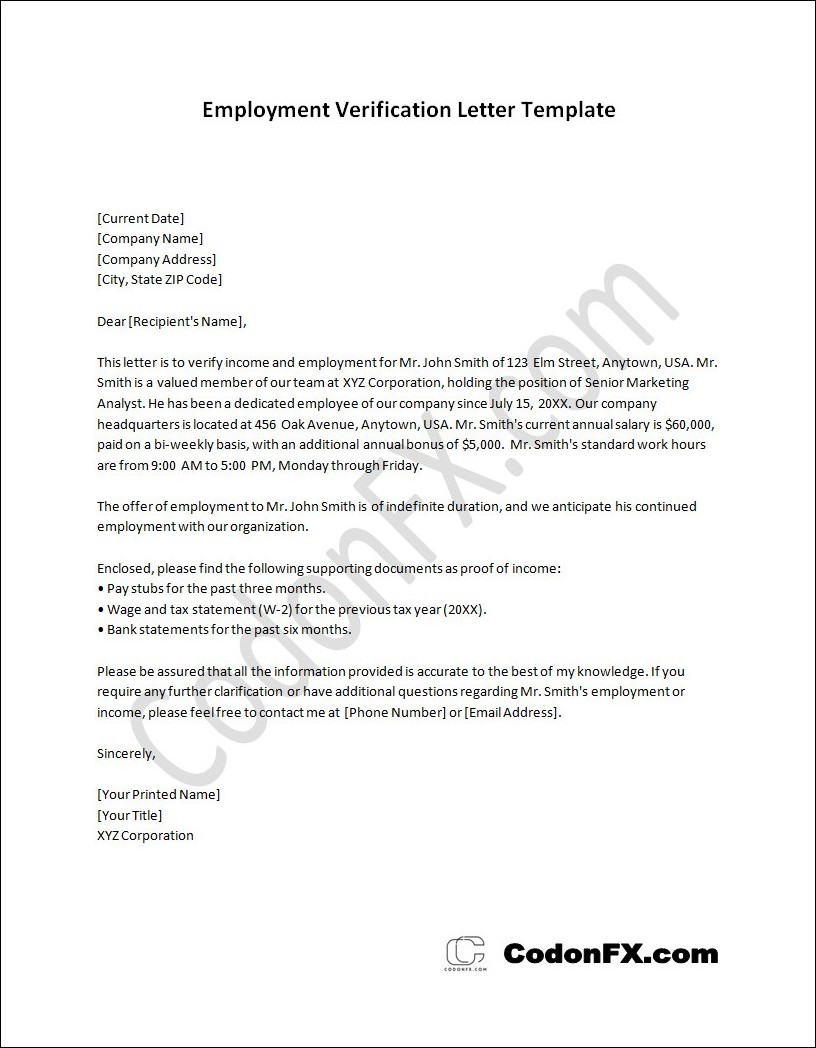
What is an employment verification letter?
An employment verification letter is a document provided by an employer to confirm the employment status of an individual. This letter typically includes information such as the employee’s job title, start date, and current employment status. It may also include details about the employee’s salary or income if requested. The purpose of an employment verification letter is to provide proof of employment for various reasons, such as applying for a loan, renting an apartment, or obtaining a visa.
One of the main benefits of an employment verification letter is that it helps establish credibility and trust between the employee and the recipient of the letter. By providing official documentation from the employer, it assures the recipient that the information provided by the employee is accurate and reliable.
Another benefit is that it simplifies the process for individuals who need to prove their employment status. Instead of having to gather multiple documents or provide personal references, an employment verification letter serves as a straightforward and official confirmation of employment.
Moreover, an employment verification letter can also protect both the employer and the employee in legal and financial matters. For the employer, it helps ensure that accurate information is provided and reduces the risk of fraud or misrepresentation. For the employee, it can be used as evidence of their employment history, which may be useful for future job applications or career advancement opportunities.
Can I write my own proof of employment letter?
The answer is yes, you can write your own letter as long as it contains all the necessary information required by the recipient. Proof of employment letter should include details such as your job title, employment start and end dates, salary information, and a brief description of your job responsibilities. It is important to keep the tone of the letter formal and professional, as it will be used as an official document for various purposes such as applying for a loan or renting an apartment.
However, it is worth noting that some institutions or organizations may require the proof of employment letter to be written and signed by your employer or a designated representative.
In such cases, writing your own letter may not be accepted. It is always best to check the specific requirements and guidelines of the recipient before proceeding. If writing your own letter is permitted, make sure to proofread it carefully to ensure accuracy and clarity.
Remember, a well-written and detailed proof of employment letter can greatly enhance your credibility and increase your chances of achieving your desired outcome.
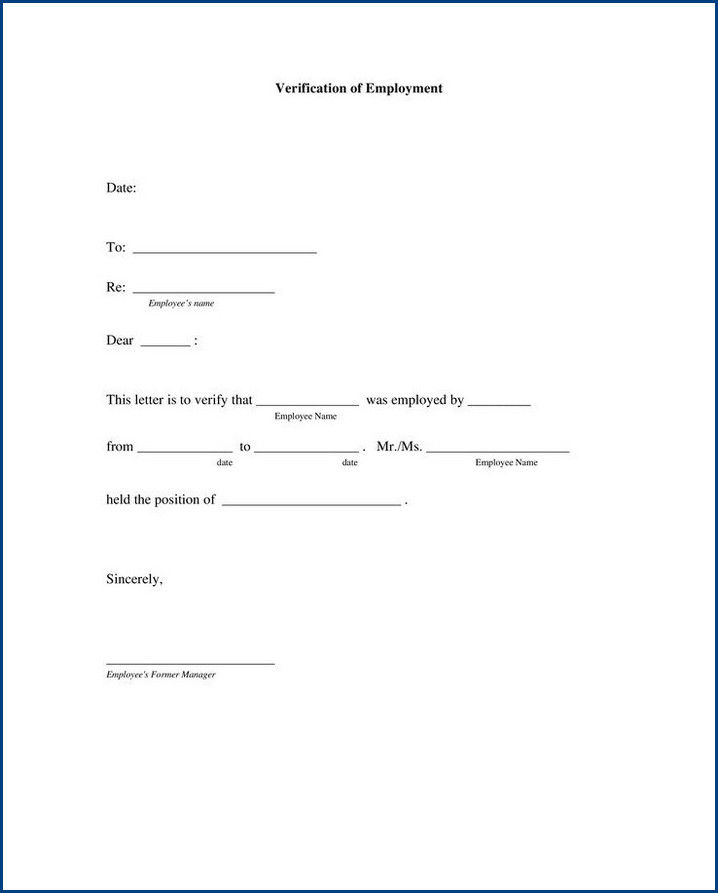
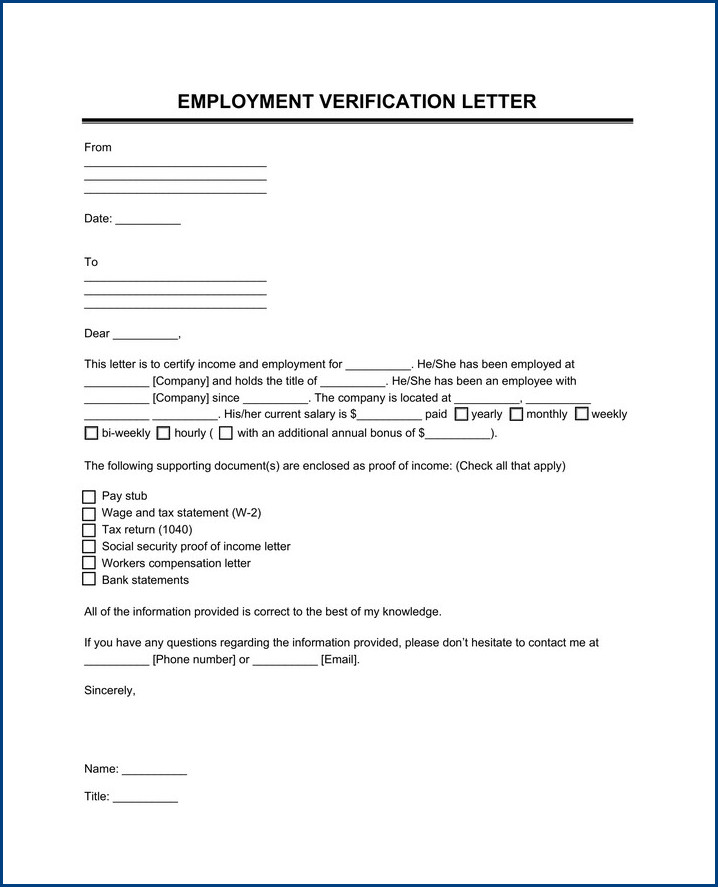
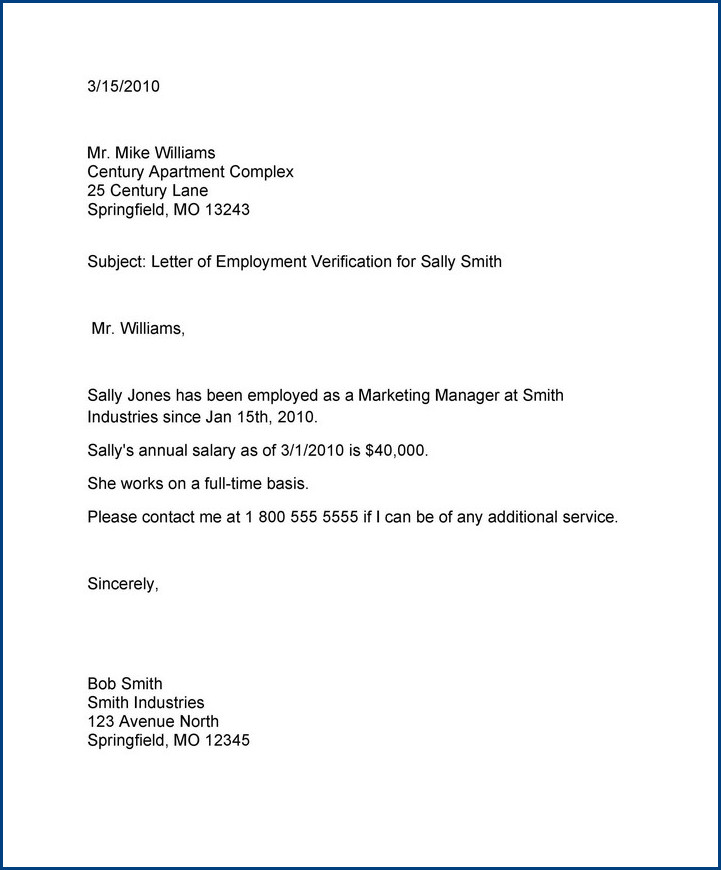
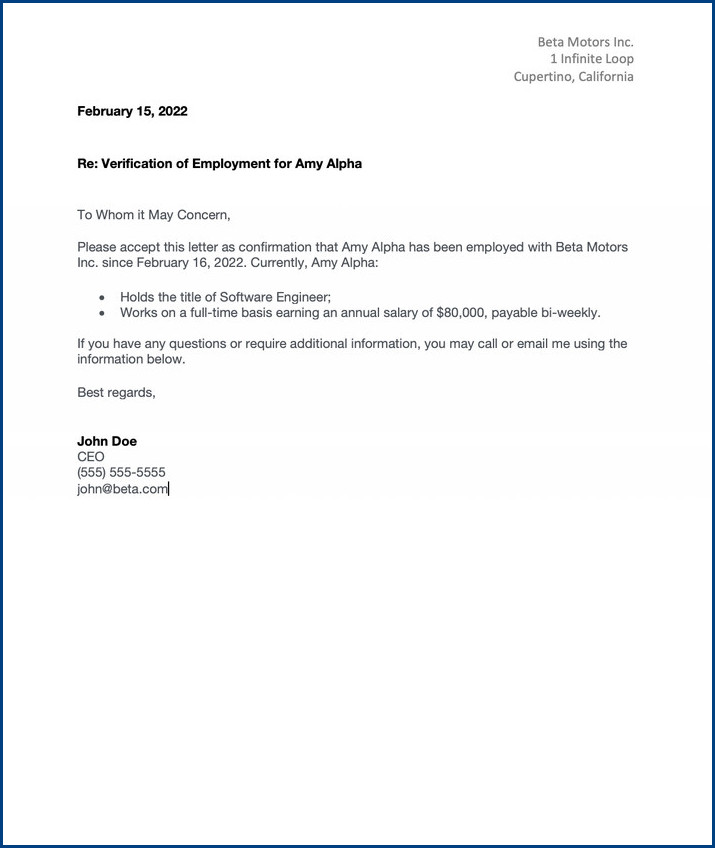
What can HR say for employment verification?
When it comes to employment verification, HR departments play a crucial role in providing accurate and reliable information. HR professionals are responsible for confirming an individual’s employment history and validating their job title, dates of employment, and salary details.
However, it is important to note that HR departments must adhere to legal and ethical guidelines when responding to employment verification requests. Here are some key points on what HR can say for employment verification:
- Confirmation of employment: HR can confirm whether an individual is currently employed or has been previously employed by the organization. This information can be provided to potential employers, financial institutions, or government agencies.
- Job title and dates of employment: HR can share the job title held by the individual and the dates of their employment. This helps verify the person’s work experience and tenure with the company.
- Salary verification: In some cases, HR may be authorized to disclose the individual’s salary information. However, this requires the employee’s consent and should be done in compliance with applicable laws and regulations.
- Reason for leaving: HR can provide a general reason for an employee’s departure, such as resignation, termination, or retirement. However, it is important to avoid sharing sensitive or confidential information that could potentially harm the individual’s professional reputation.
- Verification process: HR departments often have a standardized process for handling employment verification requests. This can involve verifying the authenticity of the request, confirming the identity of the requesting party, and ensuring that the information shared is accurate and up to date.
How do I write a verified employment letter?
Writing a verified employment letter can be a straightforward process if you follow a few key guidelines:
- Begin with a professional salutation: Address the recipient of the letter in a formal manner, using their proper title and name.
- Include the date: It is essential to include the date when writing any formal letter, including a verified employment letter.
- Provide an introduction: Start the letter by briefly introducing yourself or your company, stating your position or role.
- State the purpose of the letter: Clearly explain that you are writing to verify employment for the individual in question.
- Include relevant details: Provide the recipient with necessary information, such as the employee’s full name, job title, dates of employment, and any other pertinent details.
- Mention the employee’s responsibilities: Describe the employee’s primary duties and responsibilities during their tenure with the company.
- End the letter on a positive note: Conclude the letter by expressing confidence in the employee’s abilities or wishing them well in their future endeavors.
Employment Verification Letter Template | Word – Download